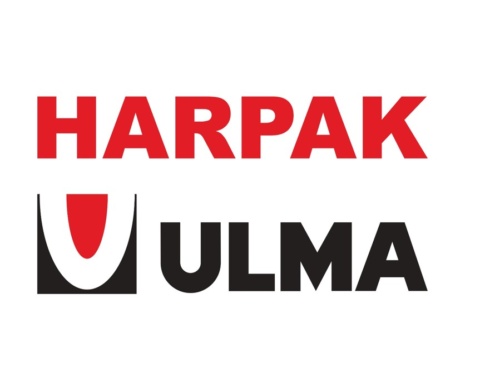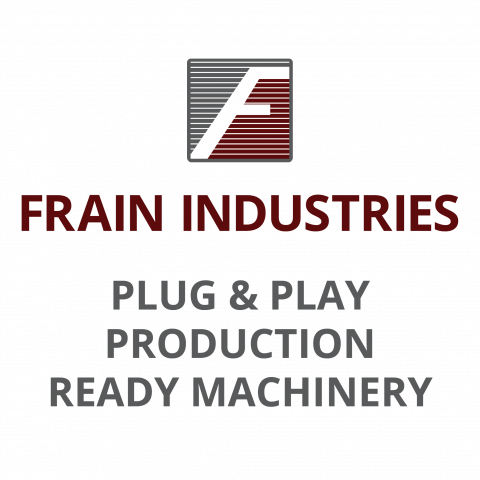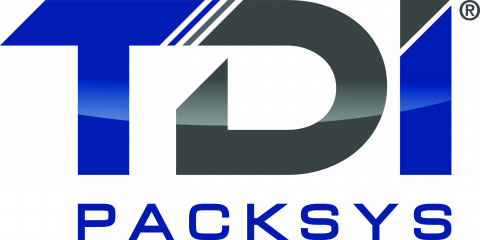

Food and beverage manufacturers are no stranger to the challenges of attracting, training, and retaining skilled workers amid near-constant technological and consumer demand shifts. In this exclusive interview, John Loyack, Vice President of Economic Development for the North Carolina Community College System, shares valuable insights on building effective workforce development programs that serve employers, employees, and communities.
1. What key elements make community college and private sector partnerships effective for developing specialized workforce training in F&B manufacturing?
Flexibility is a key factor. As a partnership between the College System and private industry, our customized program, NCEdge, delivers industry-relevant training that works for both the employer and the employee. Our Food, Beverage, and Natural Products (FBNP) program is no exception — providing FDA-mandated training courses, and quality/food safety training to help companies achieve compliance and enhance product safety, and quality.
The key to success, however, lies in strong and ongoing industry engagement. Employers need to be involved — communicating needs and goals, reviewing curricula, and even speaking or guest lecturing in classes — to ensure maximum impact of the training.
Another critical component is the launch phase: We begin program development with a thorough needs assessment that closely analyzes the company’s overarching production and hiring goals, existing skills gaps and workforce challenges. This ensures precision in the training that we ultimately design, and true customization. For example, a company might initially request OSHA 40 training — a rigorous course designed to mitigate the effects of workers that have become exposed to hazardous materials. But through our assessment, we might find that OSHA 10, a more basic version, or our CGMP (Current Good Manufacturing Practices) course is more appropriate, and work with the client to roll this out.
Of course, the food and beverage manufacturing industry is highly regulated, so this type of training often needs to occur in-person, where workers can learn specific software, production systems, and get a closer feel for maintenance processes and machinery. NCEdge helps us deliver that in a way that meets FDA, CGMP, and standards outlined in the Food Safety Modernization Act (FSMA).
In North Carolina, we’ve committed to having 2 million residents hold an industry-valued credential or postsecondary degree by 2030. Achieving this vision requires partnerships like this that are collaborative, responsive and focused on building a highly skilled workforce.
2. How do you determine which technical skills and certifications are most valuable when creating training curricula that meet both immediate workforce needs and long-term industry trends?
We start with a data-driven analysis of current labor demands and future industry trends. Our goal is to stay ahead of the curve, and we use a variety of tools to anticipate what training will be needed next. As I mentioned, direct engagement with employers is also critical. We have to be on-site at the plants and facilities, hearing firsthand about in-demand skills or related challenges that could hinder future growth.
In addition to this acquired knowledge, we also work closely with associations, employers, and state agencies, like the North Carolina Department of Agriculture, to understand which certifications are moving the needle in the F&B industry.
It’s also worth noting that each “pathway” to employment can look pretty different – some workers may build skills in stages, or stack credentials to amass a degree or certification making them more competitive in the market. We’re always thinking about these alternate pathways to upskill people and bring different types of workers into a critical space like F&B. Our programs emphasize lifelong learning, and we believe this is paying off for our F&B manufacturers.
3. As manufacturing technology evolves with automation and AI integration, what approaches have been most successful in preparing workers for these changes while maintaining essential human expertise?
Adaptability is key. Ten years ago, there was hesitation around online learning, but now it’s essential. Our ability to offer hybrid models means workers can continuously re-skill and upskill to keep pace with rapidly changing technology, without stepping away from their jobs or families.
When a place like the Campbell’s Manufacturing and Distribution Center in Charlotte (which is highly automated) faces a machine breakdown, they still need a highly skilled robotics maintenance team at the ready, capable of fixing these complex machines and technologies. Despite AI shaking up the labor market, there will always be a need for certified experts who can comfortably maneuver intricate machinery. That’s why it’s so important for us to foster a culture of lifelong learning.
Beyond operating technology, it’s crucial to problem-solve when things go wrong, lead teams, and adapt. With a continued focus on STEM jobs, soft skills like communication, leadership, and critical thinking have actually taken a backseat. Employers are clear: these skills are just as vital. The customizable nature of the NCEdge program allows us to incorporate them into training for all employers.
4. What strategies have proven most effective for attracting non-traditional candidates like mid-career professionals, career changers, and retirees to food manufacturing careers?
Real workforce development starts with understanding people’s lives and challenges. For example, I have a team member who earned a doctorate after age 35 — while raising kids and working full time. This type of scenario helps remind us that people come into our programs with complex lives, responsibilities, and barriers. We must ask: what are they facing? What do they need to move forward? And, how do we lower those barriers?
Some folks already have strong, transferable skills. For instance, someone from software quality control may need just one certification to transition into food and beverage manufacturing. By offering flexible options (hybrid, part-time, evening classes), we help people take the next step without putting their lives on hold. One of the most important things we emphasize at the North Carolina Community College System is that there isn’t just one path. No matter where you are in your career or industry, we’re here to help you move forward.
We also recognize that employers have a role to play in making these careers appealing. Businesses must help “sell” the industry. Look at The New Belgium Brewing Company or Sierra Nevada Brewing Co. They built production facilities in North Carolina, simultaneously transforming these sites into community destinations with beer gardens, riverfront access, and bike paths. By doing so, they’ve invited the community in and have begun to connect with potential future employees — many of whom may not have otherwise recognized these companies as a potential fit.
5. When measuring the success of workforce development initiatives, what metrics beyond job placement have you found most meaningful, and what unexpected benefits have emerged from these programs?
At the state level, we work with myFutureNC — which promotes an education-to-workforce continuum across North Carolina — to track our progress at increasing high-quality credentials and certifications. We’re able to break data down by respective industry, which helps us stay focused on where the needs and opportunities lie.
Wage growth is another key metric, so we monitor whether our training programs lead to meaningful wage gains over time. Retention is also critical — if workers stay, it signals that the jobs offer value, satisfaction, and stability.
Further, one unexpected benefit we’ve seen is the crossover between industries. When we launched the workforce development program BioNetwork, it was focused exclusively on biotechnology and life sciences. But, we quickly realized that much of that training (like safety protocol, sanitation, and quality control) applies directly to food and beverage manufacturing as well. That crossover created new efficiencies and opportunities we hadn’t originally anticipated.
For instance, through our “Food, Beverage, and Natural Products” program, we worked with a company managing an apple orchard that was creating apple cider vinegar, but the alcohol content was too high. Thanks to the BioNetwork, we quickly worked to remedy the issue. We helped them lower the percentage to the legal limit, and in the process, developed a new value-added product. It was an incredible outcome.
Ultimately, success isn’t just about filling jobs. It’s about building sustainable industries, helping businesses grow, and giving individuals real opportunities to succeed and innovate.
 John Loyack is the Vice President of Economic Development for the North Carolina Community College System. He leads the operation of the Economic Development Division, which includes ApprenticeshipNC, BioNetwork, NCEdge Customized Training, and the Small Business Center Network. His team provides education, training, and support services for new, expanding, and existing business and industry in all 100 counties through its network of 58 community colleges. Loyack has also worked for the Economic Development Partnership of North Carolina and the North Carolina Department of Commerce, as well as in the private sector. Loyack holds a B.A. in Economics and Spanish from Gettysburg College and holds an M.B.A. in International Business Management from the Thunderbird School of Global Management.
John Loyack is the Vice President of Economic Development for the North Carolina Community College System. He leads the operation of the Economic Development Division, which includes ApprenticeshipNC, BioNetwork, NCEdge Customized Training, and the Small Business Center Network. His team provides education, training, and support services for new, expanding, and existing business and industry in all 100 counties through its network of 58 community colleges. Loyack has also worked for the Economic Development Partnership of North Carolina and the North Carolina Department of Commerce, as well as in the private sector. Loyack holds a B.A. in Economics and Spanish from Gettysburg College and holds an M.B.A. in International Business Management from the Thunderbird School of Global Management.
















